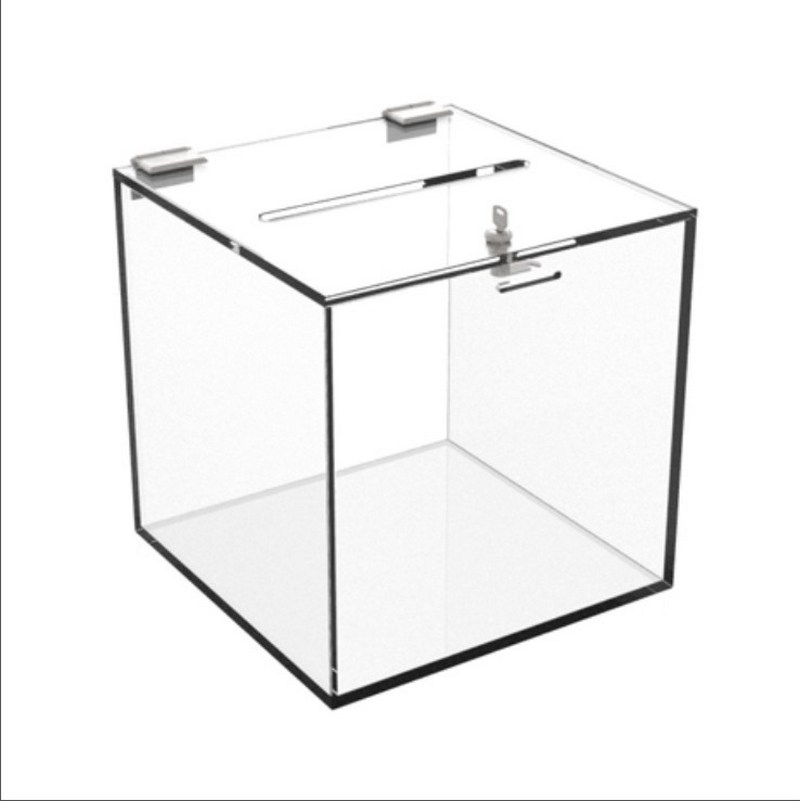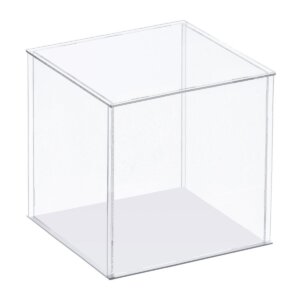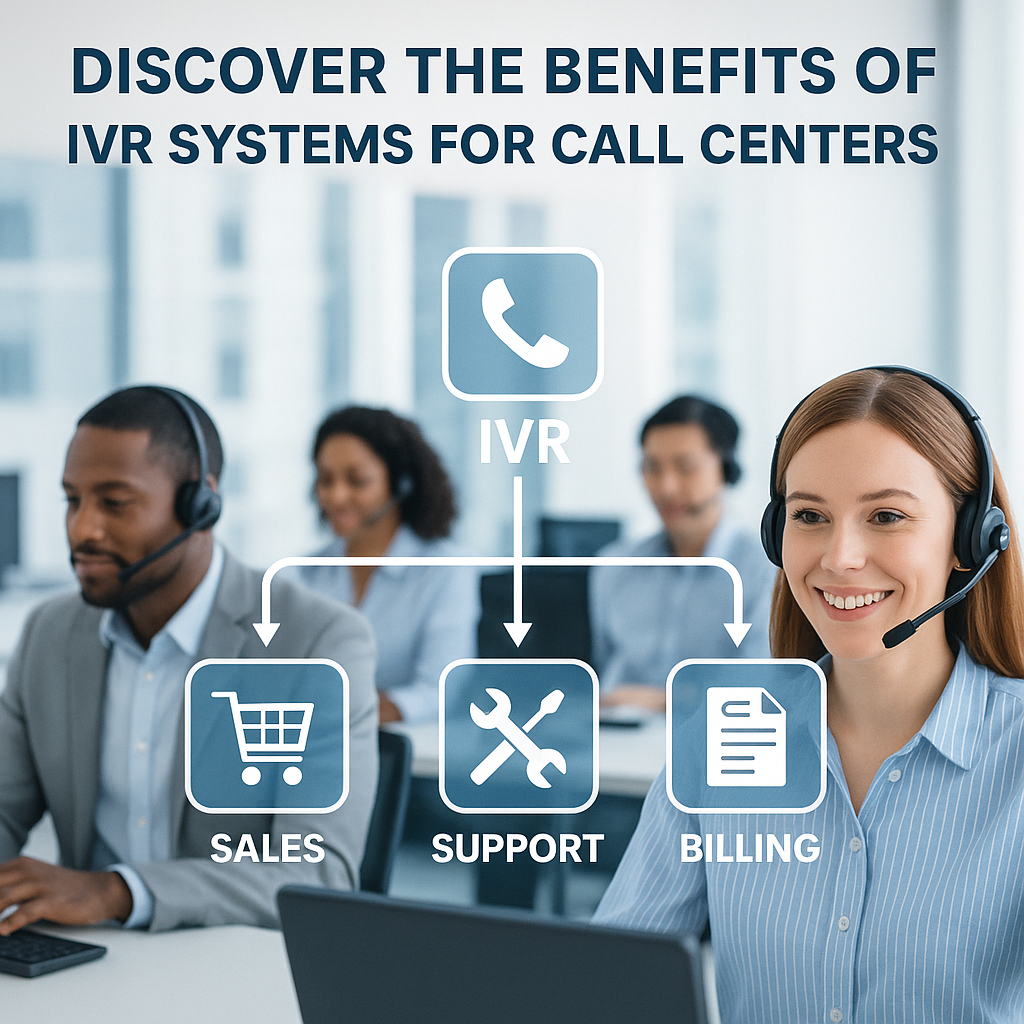Perspex Boxes in South Africa: Versatile Display and Storage Solutions


In a world where presentation matters more than ever—whether in retail, exhibitions, offices, or even at home—Perspex boxes have become the go-to solution for clear, durable, and stylish display and storage. Known for their sleek look and adaptability, Perspex Boxes in South Africa are increasingly being used across industries for both functional and aesthetic purposes.
From showcasing luxury goods in retail settings to providing secure storage for valuable collectibles, these acrylic boxes offer a practical yet elegant way to organise and present your items.
What Are Perspex Boxes?
Perspex, also known as acrylic or polymethyl methacrylate (PMMA), is a lightweight, shatter-resistant alternative to glass. Perspex Boxes in South Africa are constructed from sheets of this clear material, often heat-formed and bonded to create seamless, sturdy containers. The result is a transparent box that provides excellent visibility while offering protection from dust, fingerprints, and damage.
Why Choose Perspex Boxes?
1. Clarity and Elegance
The crystal-clear finish of Perspex makes it visually appealing and ideal for premium displays. Whether you’re presenting retail products, food items, or collectibles, the see-through nature of these boxes ensures that nothing is obscured.
2. Strength and Durability
Perspex is much more impact-resistant than glass, making it a safer choice for public or high-traffic spaces. It’s also UV-resistant, meaning it won’t yellow over time, even when exposed to sunlight.
3. Lightweight and Portable
Unlike glass, Perspex is lightweight and easy to move or rearrange. This is particularly useful for trade shows, exhibitions, or dynamic retail environments.
4. Customisable
One of the standout features of Perspex is its versatility. These boxes can be customised in terms of size, shape, colour, and even printing—allowing for logos, branding, or bespoke designs.
Applications of Perspex Boxes in South Africa
The use of Perspex Boxes in South Africa is widespread across various sectors. Here are some of the most popular applications:
Retail Displays
Retailers use Perspex boxes to display products in an organised, elevated, and professional manner. From jewellery and electronics to cosmetics and accessories, these boxes highlight items without drawing attention away from them.
Food Industry
In bakeries, delis, and restaurants, Perspex boxes are used to display food hygienically while maintaining full visibility. They’re easy to clean and provide excellent protection from contamination.
Corporate and Office Use
In office environments, Perspex boxes can be used for storing promotional materials, organising stationery, or showcasing awards and achievements. Their minimalist design complements modern office aesthetics.
Home Organisation
At home, Perspex boxes are perfect for storing and displaying personal items such as cosmetics, keepsakes, or collectibles. Their clean design blends seamlessly with various interior styles.
Exhibitions and Events
Trade show exhibitors and event planners rely on Perspex boxes for presenting products or promotional items professionally and securely.
Complementing Products for a Complete Display Setup
When creating a cohesive display, Perspex boxes often pair beautifully with other acrylic products. For instance, a Perspex Photo Frame is an ideal complement to any setup, especially in retail or gallery settings.
These clear frames allow for elegant signage, pricing, or promotional images to be presented alongside products stored in Perspex boxes. Whether you’re setting up a point-of-sale display or decorating a reception area, combining these products elevates the entire look.
Display Like a Pro with Acrylic Display Stands
Another essential accessory to consider is the Acrylic Display Stands South Africa collection. These stands are often used in combination with Perspex boxes to create tiered or layered presentations that enhance visibility and maximise space.
For example, you can use a display stand to elevate a Perspex box, drawing more attention to the item within it, or use them separately to support signage, brochures, or complementary products. This layering effect not only looks more professional but also helps guide customer attention effectively.
Environmentally Friendly and Reusable
As sustainability becomes a greater priority, businesses are turning to products that offer long-term use without contributing to excessive waste. Perspex boxes are reusable, durable, and recyclable—making them an environmentally conscious choice for modern businesses and homes alike.
By investing in high-quality acrylic storage and display solutions, you’re not only improving aesthetics but also contributing to sustainable consumption practices.
Final Thoughts
If you’re looking for an elegant, durable, and multi-purpose solution for display or storage, Perspex Boxes in South Africa offer unmatched versatility. Whether for retail, corporate, personal, or event use, these boxes are an excellent investment for any environment that values clarity, quality, and organisation.
Complementing them with accessories like the Perspex Photo Frame and Acrylic Display Stands South Africa ensures your display setup is both functional and visually compelling.








